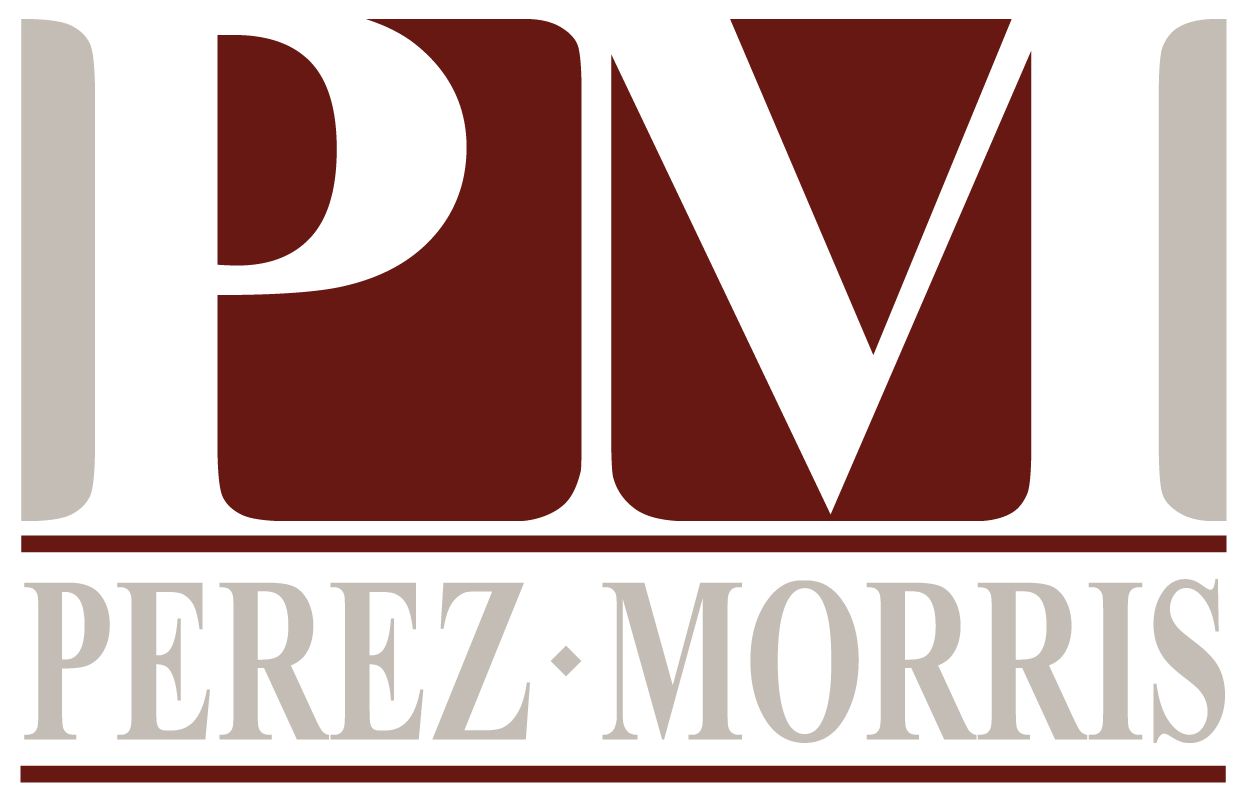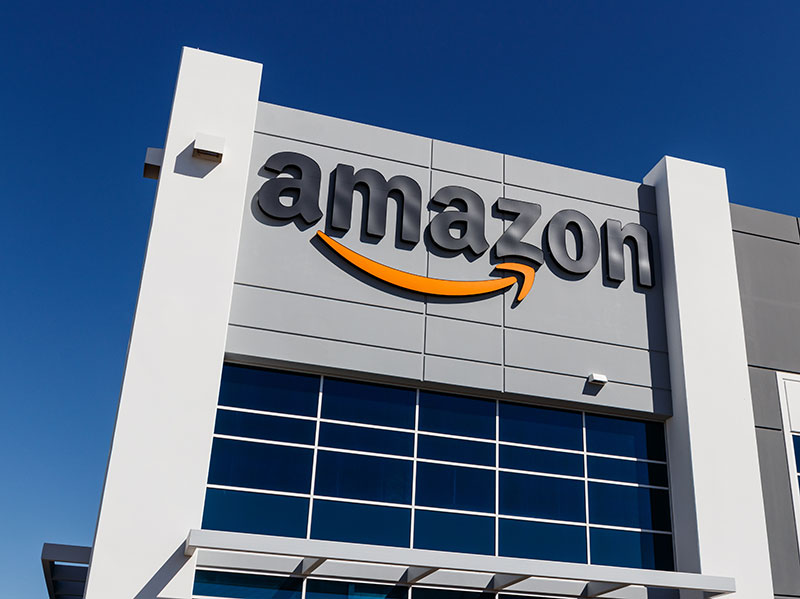On October 1, 2020, the Ohio Supreme Court issued its decision in Stiner v. Amazon.com, Inc., holding that Amazon is not a “supplier” as defined by the Ohio Products Liability Act (the “Act”) with respect to certain third-party sales that are transacted through the Amazon website.
The lawsuit arose from the death of Logan Stiner, who died in May 2014 after ingesting a fatal dose of caffeine powder one of his friends purchased from a third-party vendor. The vendor sold the powder on Amazon.com Marketplace. In order to sell the powder on the website, the vendor agreed it would “source, sell, fulfill, ship and deliver” the products it sold on the website. In accordance with this agreement, the vendor kept the powder in its own inventory and, when Stiner’s friend purchased the powder through Amazon’s website, the vendor fulfilled the order, packaged it, and shipped it directly to Stiner’s friend.
Stiner’s family filed suit seeking, among other things, to hold Amazon strictly liable as a supplier under the Act. The trial court granted Amazon’s motion for summary judgment and the Ninth District Court of Appeals affirmed, explaining that there was no evidence in the record that Amazon was a supplier under the Act.
The Ohio Supreme Court examined the definition of “supplier” in the Act, which includes a “person that, in the course of a business conducted for the purpose, sells, distributes, leases, prepares, blends, packages, labels, or otherwise participates in the placing of a product in the stream of commerce.” The family argued that Amazon was a supplier because it participated in placing the caffeine powder in the stream of commerce. The Court disagreed. The Court explained that the catchall provision – “otherwise participates in the placing of a product in the stream of commerce” – means actions similar in character to the sale, distribution, lease, preparation, blending, packaging, or labeling of the product as specified in the definition of “supplier.” The Court relied on other subsections of the Act to illustrate that persons, such as parties who act only in a financial capacity with respect to the sale of a product, may participate in the chain of a product’s distribution without being considered a “supplier.” In short, the Court held that a person who “otherwise participates in the placing of a product in the stream of commerce” must also “exert some control over the product as a prerequisite to supplier liability.”
With this rationale, the Court found that “[u]nder the facts of this case,” Amazon was not a supplier of the caffeine powder. The vendor who sold the powder to Stiner’s friend “had sole responsibility for the fulfillment, packaging, labeling, and shipping of the product directly to customers.” Amazon, on the other hand, had “no relationship with the manufacturer or entities in the seller’s distribution channel.” Thus, because Stiner’s family could not establish that Amazon exercised control over the caffeine powder, they could not establish that Amazon was a “supplier” under the Act. Accordingly, the Court affirmed the lower court’s decision.
 Kevin brings 20 years of litigation and trial experience representing clients in complex, commercial litigation matters to Perez Morris LLC. He focuses much of his practice on defending product liability cases. Kevin also represents financial industry clients in all facets of securities disputes.
Kevin brings 20 years of litigation and trial experience representing clients in complex, commercial litigation matters to Perez Morris LLC. He focuses much of his practice on defending product liability cases. Kevin also represents financial industry clients in all facets of securities disputes.
Kevin resides in New Albany, Ohio with his wife, Elizabeth, and their two children. Read more

